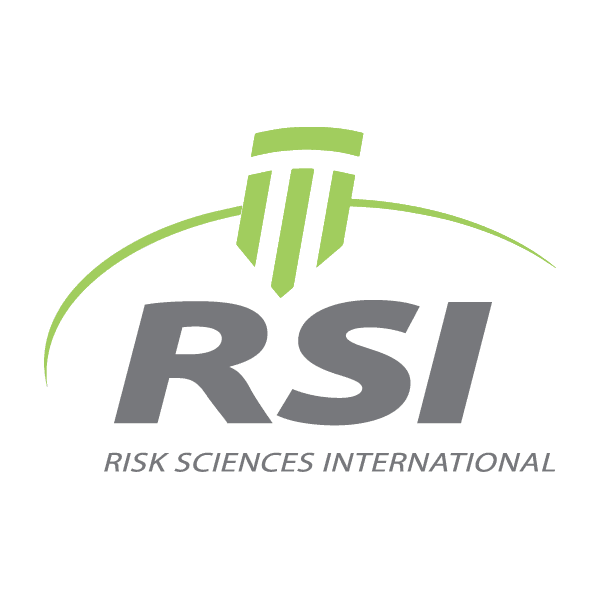Elevating devices — including elevators, escalators, and lifts — are integral to modern urban infrastructure, providing mobility, accessibility, and safety in buildings and public spaces. Yet failures in design, installation, or maintenance can result in accidents with serious consequences, ranging from injuries to fatalities. Public confidence in these systems depends on effective regulation, oversight, and industry practices.
The sector faces ongoing challenges as devices become more technologically complex, integrating digital controls, sensors, and automated systems. Regulators must adapt safety codes and inspection practices to new technologies, while ensuring compliance across diverse operators and environments. Industry stakeholders must uphold stringent safety and maintenance standards, and building owners face liability and reputational risks in the event of failures. The public, particularly vulnerable groups such as the elderly and disabled, depends on reliable performance and rapid response when issues arise.
Risk sciences provide frameworks to assess system reliability, identify critical failure modes, and evaluate inspection and maintenance protocols. Quantitative risk assessments and fault-tree analyses can prioritize resources for the highest-risk scenarios, while clear communication helps ensure that both operators and the public understand safety expectations.
RSI is committed to advancing elevating device safety, offering expertise and experience that help regulators and industry strengthen trust in these essential systems.

